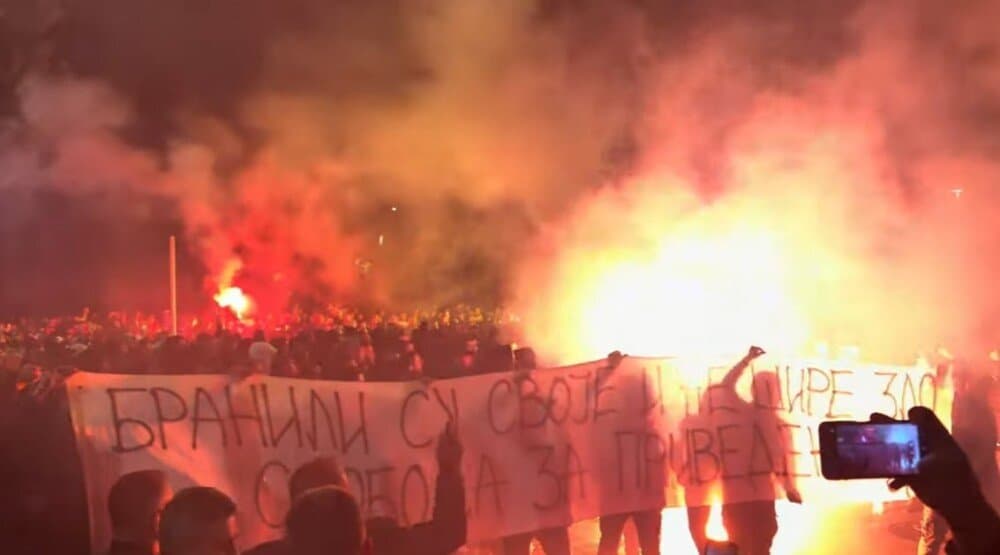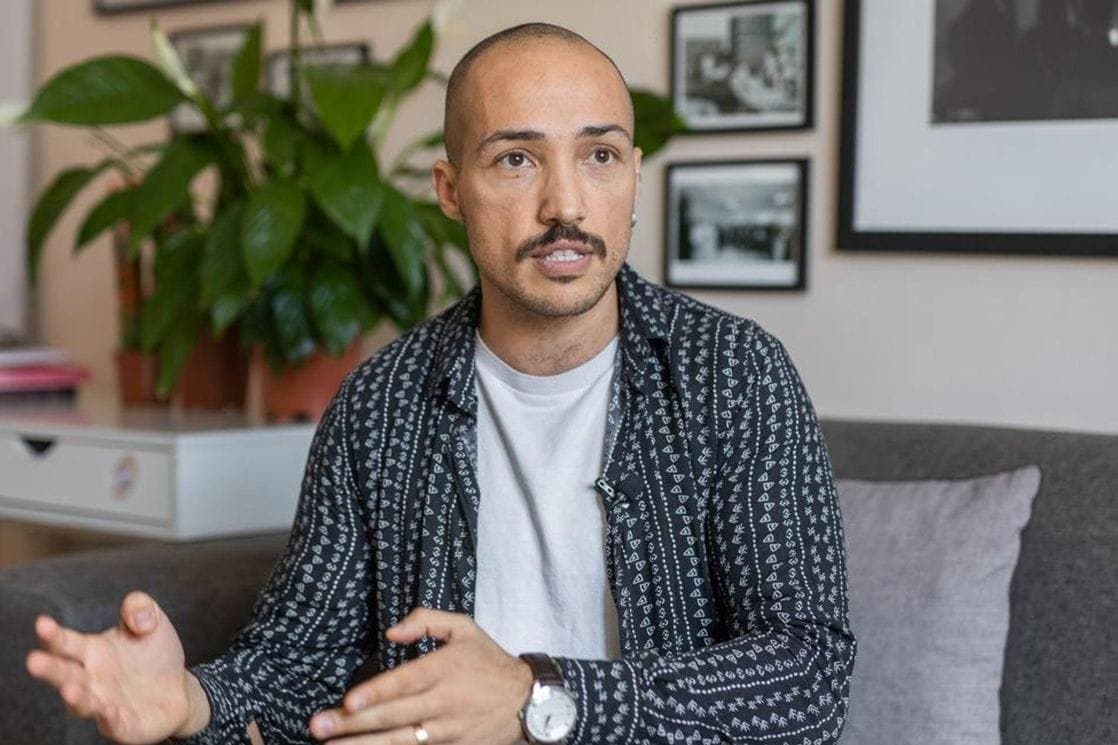Archive: 15.05.2020.
Podgorica, PR press service – Montenegro has made visible progress when it comes to adopting strategic and legal solutions related to the rights of LGBTIQ people, as shown by this year’s Rainbow Europe report map. However, there has been little progress in the implementation of these solutions and in genuine societal acceptance.
This is the joint assessment of the organizations Queer Montenegro, Juventas, Spektra, and Stana.
These organizations particularly emphasize that the Rainbow Europe report map deals exclusively with legal solutions, official policies, and strategic documents, and that the methodology for its preparation does not include any information related to societal acceptance of LGBTIQ people.
Additionally, Montenegro’s legislative framework still requires numerous changes and the adoption of new legal solutions to align with all current international standards regarding the fundamental human rights of LGBTIQ people.
The director of Queer Montenegro, Danijel Kalezić, highlights that by failing to adopt the Law on Life Partnership for Same-Sex Couples, Montenegro missed the opportunity to advance further on the Rainbow Europe map.
“When we look at this report through various individual rights, Montenegro ranks 30th in terms of family rights for LGBTIQ people, which include recognition of same-sex unions. Therefore, it is very important that what is on paper is reflected in the real-life situation,” says Kalezić.
The program director of Juventas, Jelena Čolaković, believes that the adoption of strategic and legal solutions that significantly affect the quality of life for LGBTIQ people is commendable, but the most difficult work – implementation – is still ahead.
“Until the words on paper come to life, it is our job to remind that equality and respect for diversity are still, unfortunately, not values of this society,” says Čolaković.
Ana Dedivanović, executive director of the LBTQ women’s association “Stana,” states that they would have liked Montenegro to be in the same category as countries like Sweden, Norway, and Finland in terms of law enforcement, but emphasizes that the reality is still different.
“Our everyday life is still characterized by discrimination, stigmatization, and violence. As long as these behaviors continue, with either minimal punishments or none at all, there remains a lack of trust that anything will change anytime soon,” explains Dedivanović.
The Rainbow Europe map for 2020 shows the largest shifts in the past year regarding the rights of transgender and intersex people, both in terms of improvements and setbacks.
However, the executive director of the Spektra Association, Jovan Ulićević, believes that the situation for the transgender and intersex community, in terms of the legal framework, has not changed.
He emphasizes that transgender people are still required to go through a sterilization process in order to access legal gender recognition, which makes Montenegro one of the 13 countries in the Council of Europe where sterilization is a precondition for changing the gender marker on documents.
“Additionally, there is still no clear prohibition of performing ‘gender correction’ medical interventions on intersex children that are not medically necessary but are motivated by aesthetic adjustment of genitalia to social norms. Both practices continue to exist, despite the fact that both gender identity and intersex traits are grounds for protection against discrimination,” says Ulićević.
In this year’s Rainbow Europe report map, which ranks European countries based on laws and policies related to the equality of LGBTI people, Montenegro, North Macedonia, and the Netherlands are the countries with the greatest increase in points.
The report highlights that Montenegro has announced a comprehensive action plan for the next four years and has banned discrimination based on gender characteristics.
The Rainbow Europe map and the ILGA-Europe Index, published today, indicate that some of the leading countries in Europe are now lagging behind in their commitment to fighting for LGBTI equality.
“In combination with the COVID-19 pandemic, which disproportionately affects the most vulnerable and which some governments are using as an excuse to restrict human rights, the findings from the map point to a pivotal moment for LGBTI equality in Europe,” the Rainbow Europe report states.
Key findings from the Rainbow Europe map for 2020 indicate that there have been no positive changes in 49 percent of countries.
The report notes that regression is most visible where civil and political rights are at risk.
“LGBTI human rights activists are increasingly at risk, governments are actively undermining civil society organizations, and attempting to ban public events,” the findings state.
The executive director of ILGA-Europe, Evelin Paradi, has assessed that this is a critical time for LGBTI equality in Europe.
“Our call to make the fight for LGBTI equality a high political priority has never been more urgent. There are serious concerns that this situation will spread as political attention is focused on the economic consequences of the pandemic,” Paradi warned.
The eleventh Rainbow Europe report was released at an unprecedented time worldwide, during which vulnerable minorities, including LGBTI people, have been particularly affected, and inequalities in our societies have clearly come to light.
Source: PR Centar







